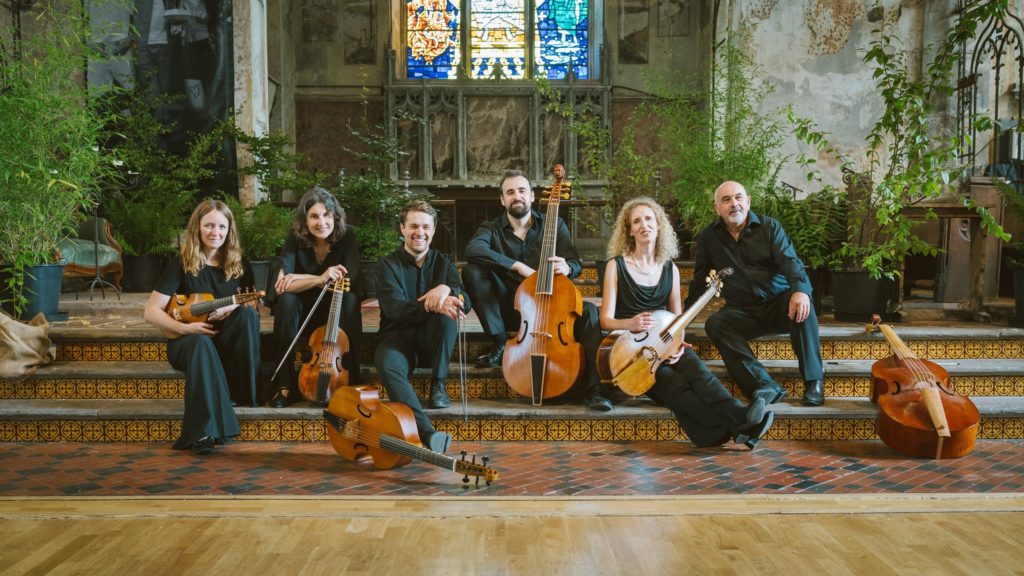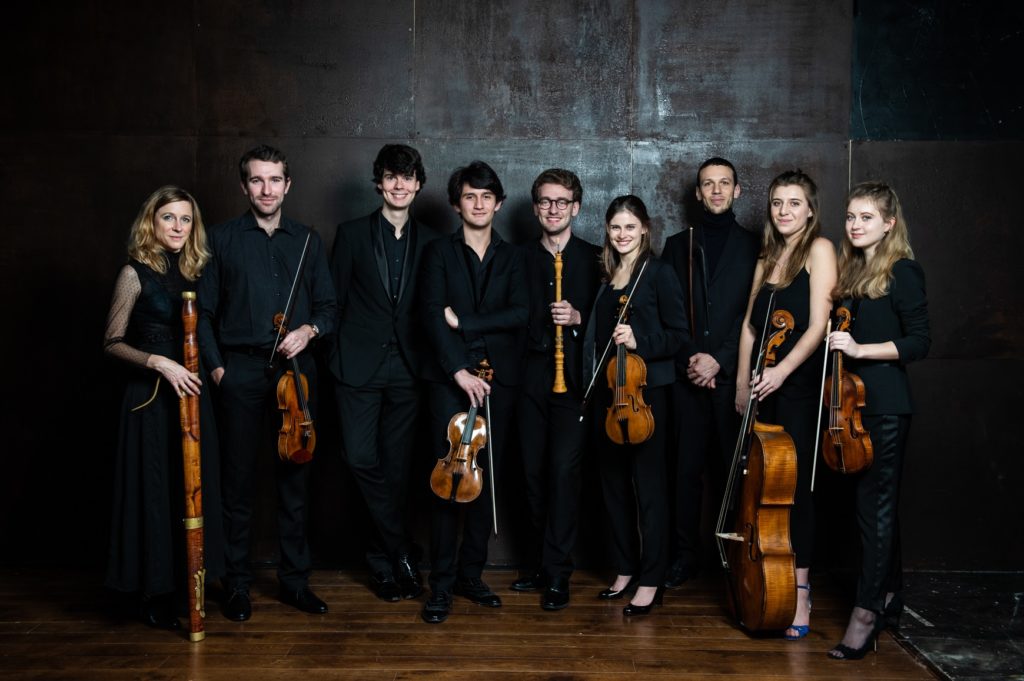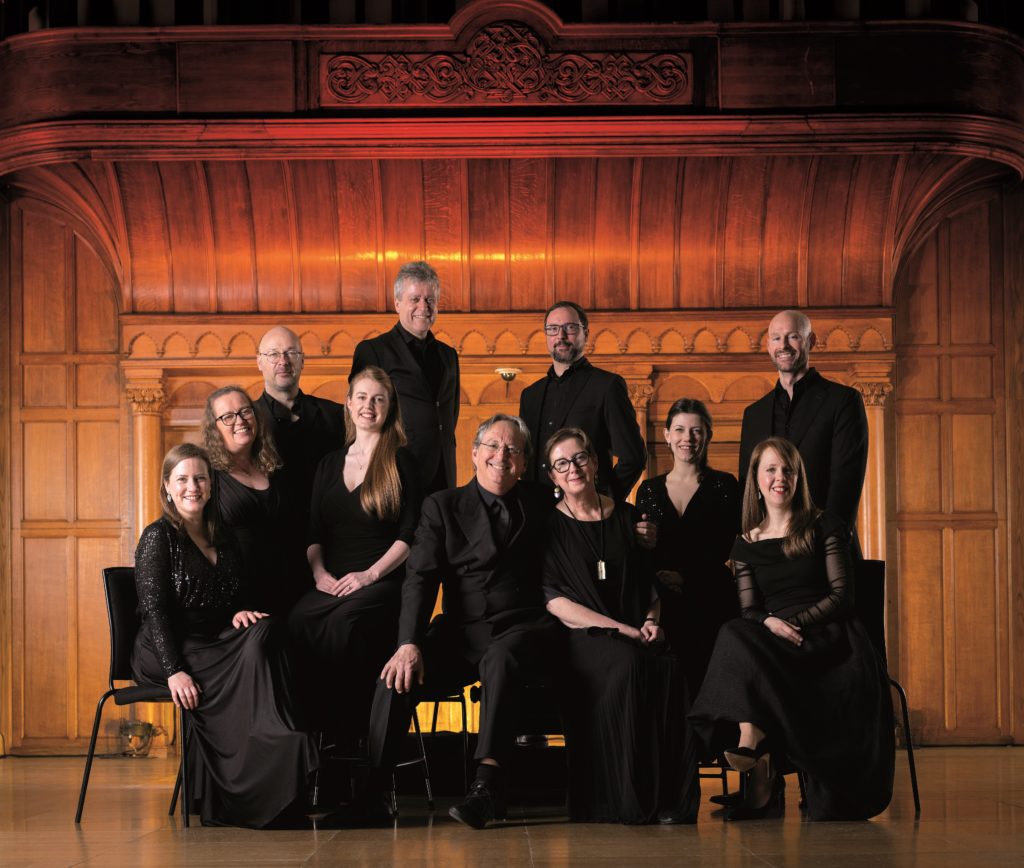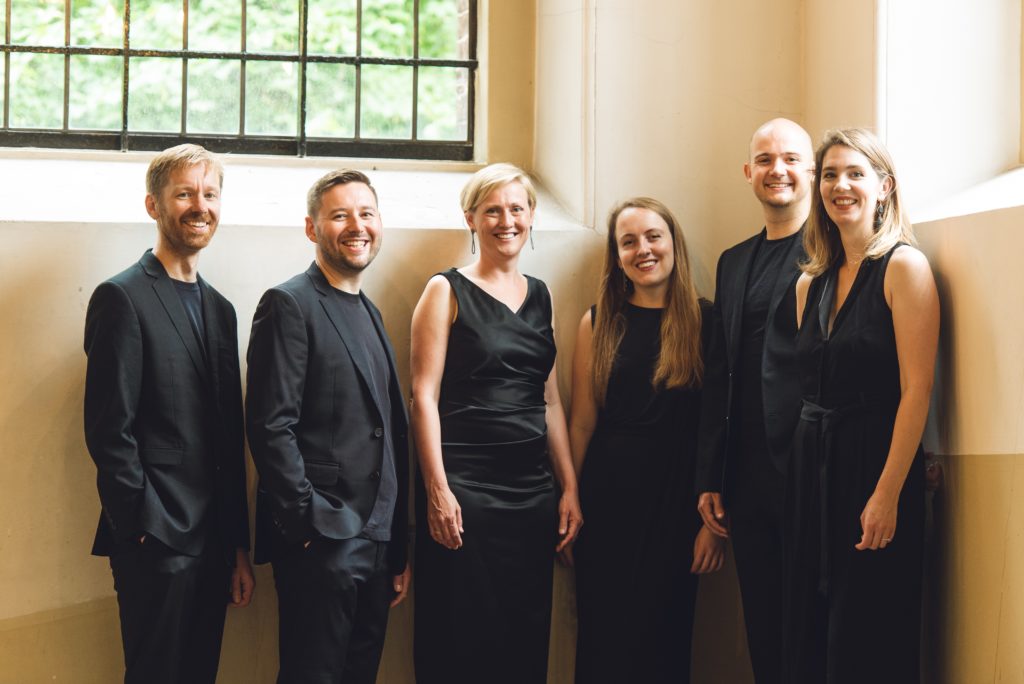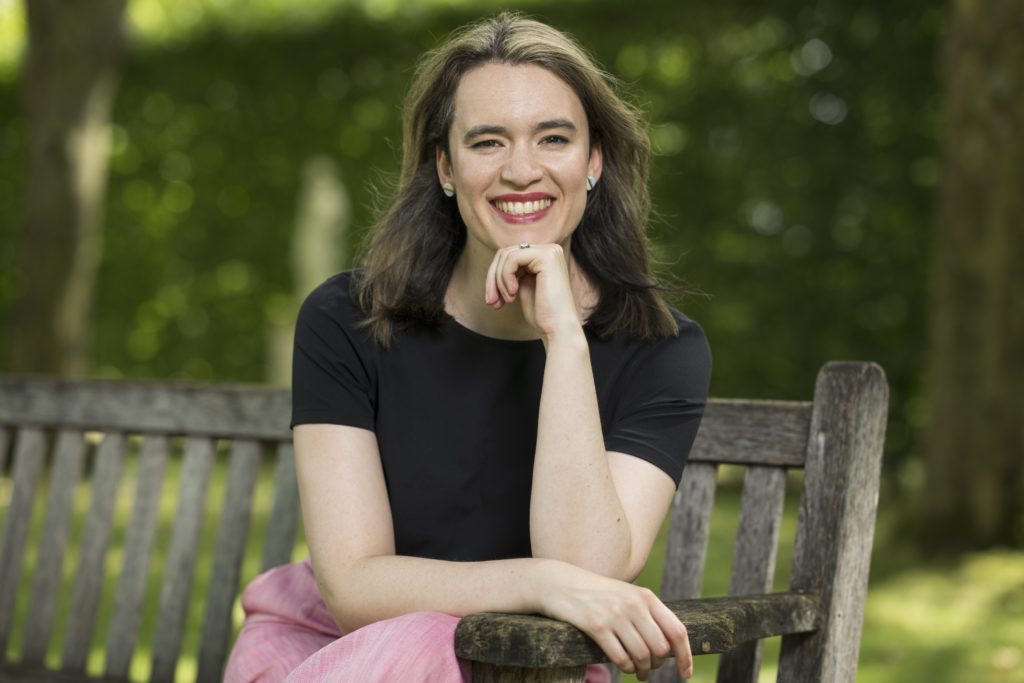
HEAVEN & Hell will be the theme of the 2025 York Early Music Festival, a summer fiesta of 19 concerts in eight days featuring international artists from tomorrow.
The Sixteen, the Tallis Scholars and Academy of Ancient Music will be taking part, as will French orchestral ensemble Le Consort, led by rising-star violinist Théotime Langlois de Swarte, in their York debut with an “exceptional rendition of exceptional of Vivaldi’s Four Seasons – but not quite as you know it”.
The festival will intertwine three very different themes: firstly, the music of Renaissance composer Orlando Gibbons, opening with viol consort Fretwork and mezzo-soprano Helen Charlston’s My Days: Songs and Fantasias programme tomorrow at the Sir Jack Lyons Concert Hall, University of York, at 7.30pm.
Secondly, the genius of the Baroque, focusing on Bach and Vivaldi, not least the aforementioned Le Consort performance of The Four Seasons on Sunday at the Sir Jack Lyons Concert Hall at 7.30pm, when Lifetime Achievement Award 2025 recipient Catherine Bott will be the reader.
Thirdly, the strand that lends itself to the 2025 title: a reflection on Man’s fall from grace – from Heaven to Hell – in biblical times with YEMF artistic advisor and BBC New Generation artist Helen Charlston and her fellow Gramophone Award-winner, lutenist and theorbo player Toby Carr, who team up in the medieval Guildhall of the Merchant Adventurers’ Hall on July 9 from 6.30pm to 9.45pm.
“I feel very lucky to have such a bond with the York Early Music Festival,” says Helen, who was a choral scholar at Trinity College, Cambridge, studying music there from 2011 to 2014. “It’s a special festival and it feels like a special connection as I’ve been coming up for many years.
“My early memories of the festival are of doing a few years’ concerts with David Skinner’s vocal consort Alamire. I’ve also sung with the Yorkshire Bach Choir, after Peter Seymour was given my name and I helped him out for a concert at short notice, and as so often that led to a fruitful partnership.”
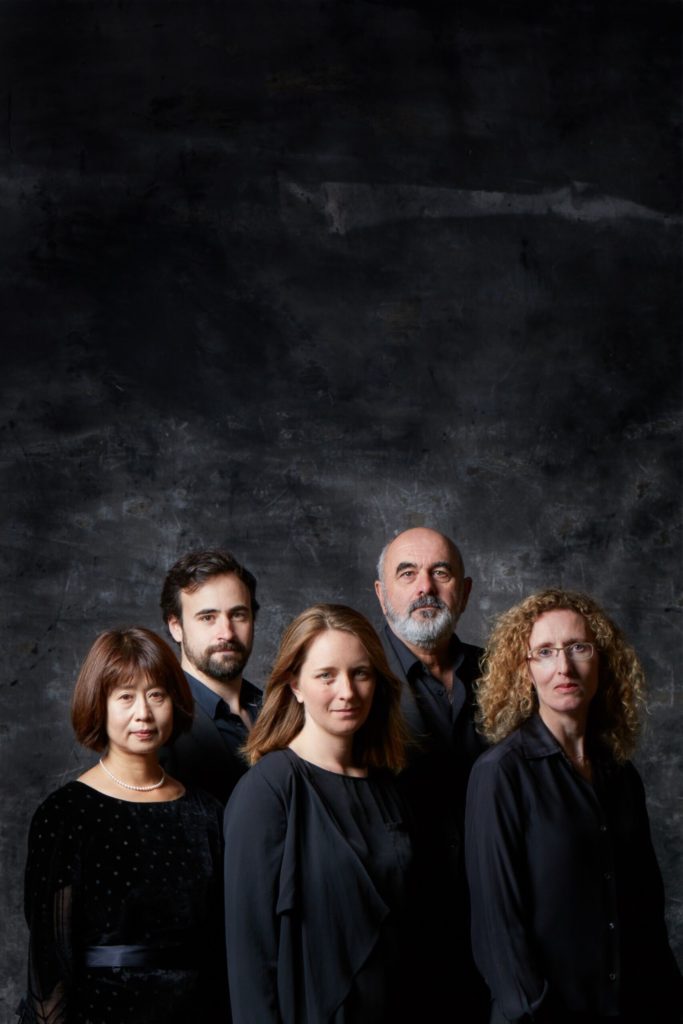
Fretwork: Performing My Days: Songs and Fantasiaswith Helen Charlston at Sir Jack Lyons Concert Hall, University of York tomorrow
Helen is in the third year of her role as festival artistic advisor. “I was very honoured to be asked and it’s a lovely way to connect with music-making around the country. I don’t run the festival but I do really love music and thinking about what audiences might like to hear that they haven’t,” she says.
“I can flex my festival muscle thinking about that and it gives me the chance to suggest who could be invited to take part in the festival. For example, this year Le Consort are coming over from France. I know their work from a group called Les Arts Florissants, a French baroque ensemble who I’ve done a young artists’ projects with in Paris. I’ve got to know a few of their players and a few of them will be appearing with Le Consort.”
Festivals are the “perfect launch-pad for collaborations”, says Helen, whose July 9 programme is a case in point. In an open call for the York Early Music Festival Special Commission, NCEM Young Composers Award alumni were invited to respond to the Heaven & Hell theme by writing a piece to be performed by Charlston and Carr as part of their In Heaven & Hell…Yours To Choose programme featuring Purcell, Strozzi, Monteverdi, Charpentier and Humfrey works.
Anna Disley-Simpson has been awarded the commission from a competitive field of 24 applications for her piece Heaven Or Hell, for which she collaborated with librettist Olivia Bell, drawing inspiration from Kurt Weill for a composition that Anna promises will be “deliberately subversive and unexpected in several ways”.
Supported by the Hinrichsen Foundation and an anonymous donor, Dorset-born, London-based Anna has received a commission fee of £2,000, plus travel and accommodation expenses within the United Kingdom to attend a workshop with the musicians in London and the York premiere.
“Toby and I are doing a programme about heaven and hell after Delma [festival director Delma Tomlin] and I were having a conversation about the York Mystery Plays and it sparked my interest in the idea of York being a place for the retelling of very graphic stories,” says Helen.
“Delma is the governor of the Merchant Adventurers, who sponsor the Last Judgement in Mystery Play productions, and my initial idea began to spiral into thinking about how a lot of 17th century music is about heaven and hell. Toby and I decided we wanted to look at performing religious music by composers whose secular works we’ve shared with the festival audience.”

Composer Anna Disley-Simpson
Those works will be complemented by Disley-Simpson’s commission. “We had a whole heap of wonderful ideas put to us by applicants from the Young Composers scheme and had a lovely day chatting with eight composers before we selected Anna,” says Helen.
“Anna’s piece is wonderful: a monologue with a second character welcoming you to purgatory, where you have to decide which route you will take, to heaven or hell. I think it’s got something about it that the audience will not quite expect!
“I hope other people will take her work up as a song as I always want to encourage others to perform works to see how they develop when I’ve commissioned a piece.”
In further highlights, The Tallis Scholars present Glorious Creatures at York Minster on Saturday, 7.30pm; The Sixteen perform Angel Of Peace at York Minster, July 7, 7.30pm, and the Spanish ensemble Cantoria present A La Fiesta!, a sizzling array of ensaladas and villancicos, at St Lawrence Church on July 8, 7pm (sold out).
Swiss-based medievalists Sollazzo return to York for the first time since winning a prestigious Diapason d’Or award to present The Angels Are Singing at the NCEM on July 10, 7pm.
The festival will finish with a flourish in the company of the Academy of Ancient Music and their leader, violinist Bojan Čičić in a celebration of Bach’s violin concertos at the Sir Jack Lyons Concert Hall on July 11, 7pm.
The full programme and booking details can be found at ncem.co.uk/whats-on/yemf/. Bookings also can be made on 01904 658338, via boxoffice@ncem.co.uk and in person at the NCEM, Margaret’s Church, Walmgate, York.
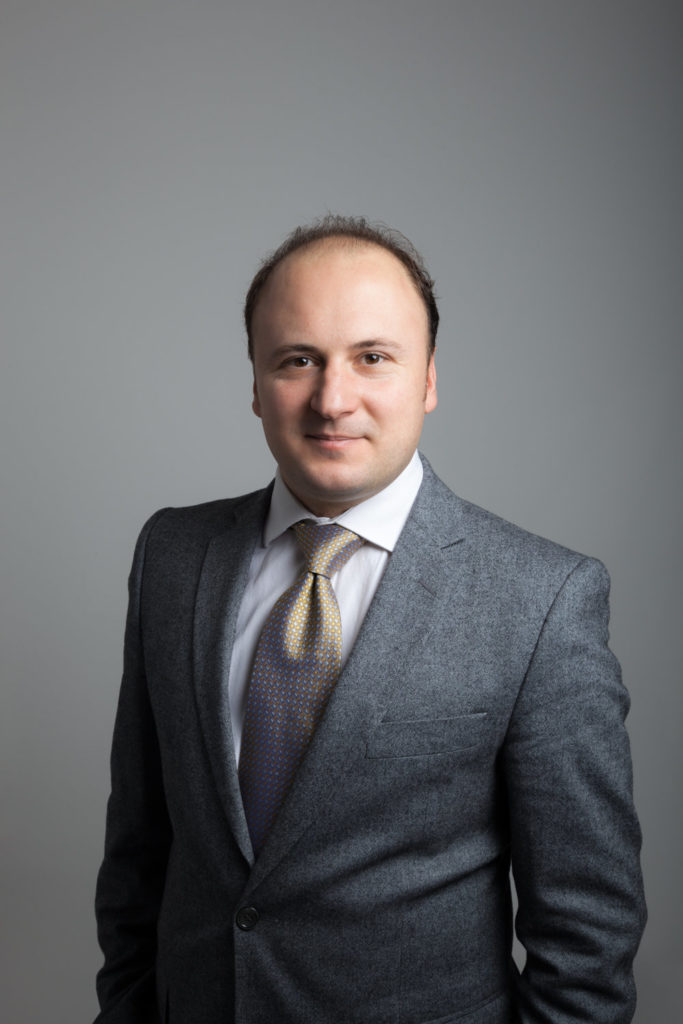
Violinist Bojan Čičić: Leading the Academy of Ancient Music in a celebration of Bach’s violin concertos at the Sir Jack Lyons Concert Hall on July 11
Copyright of The York Press


